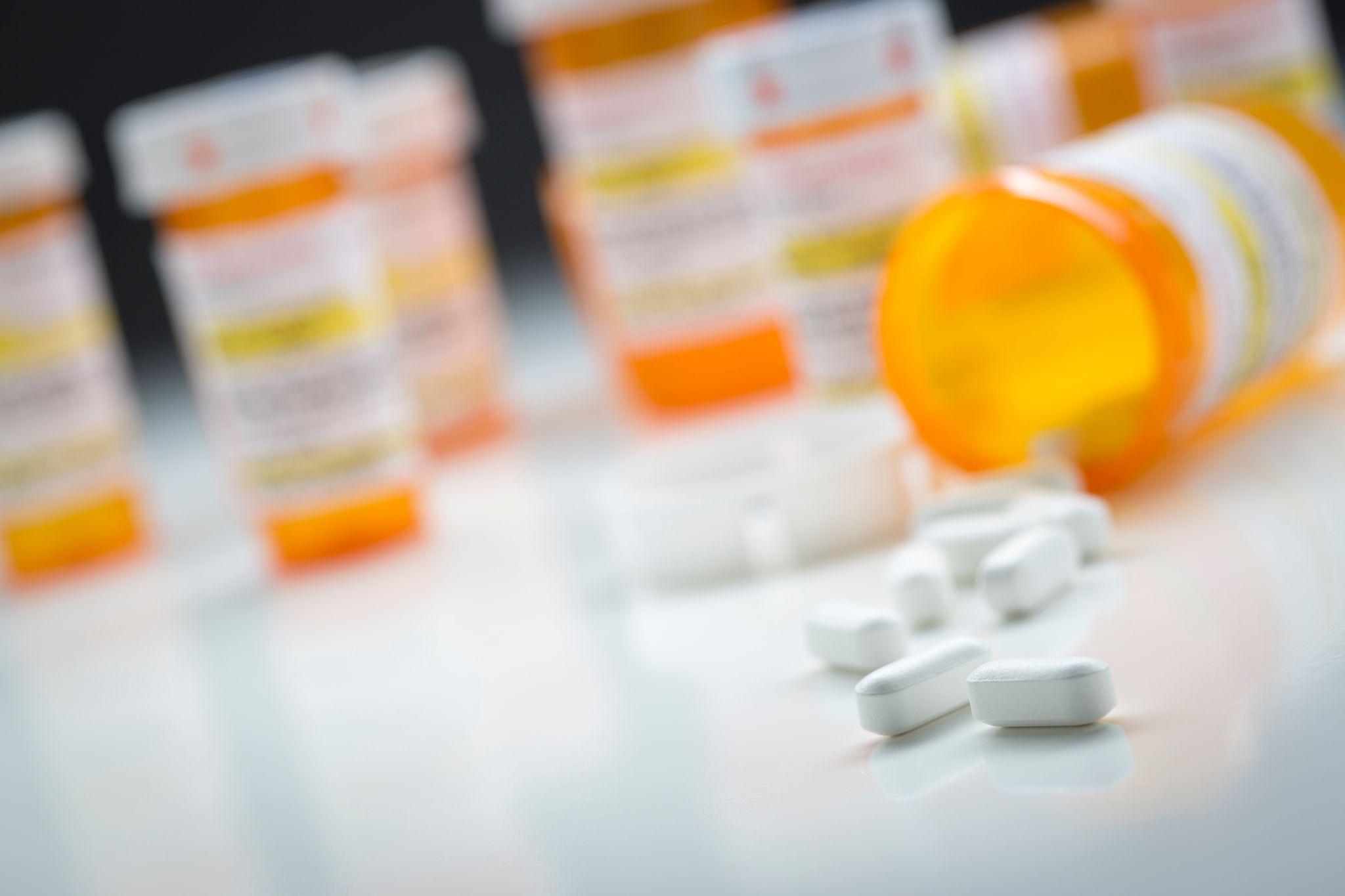
Prescription drug abuse is a critical and often hidden issue that impacts many families. Determining whether your loved one is abusing prescription drugs, prescribed or otherwise, can be a challenging undertaking.
Below, we aim to educate and empower loved ones to recognize and effectively respond to the signs of this form of substance abuse. By providing essential knowledge and tools, corned loved ones will be able to identify signs of prescription drug abuse and offer the necessary support in confronting this challenging situation.
When Does Medical Use Become Abuse?
Drug abuse doesn’t always involve the illegal use of drugs. Often, drug abuse can involve the improper use of prescribed medications. In such situations, determining when the medical use of prescription drugs crosses the line into abuse can be difficult; however, early intervention is critical.
Prescription drug misuse occurs when someone uses medication in a manner, dosage, frequency, or for reasons that are not aligned with medical guidelines. This misuse can take several forms.
First, overuse is a clear sign of abuse. This happens when an individual takes medication more frequently or in higher doses than prescribed. It’s a dangerous practice that can quickly lead to physical dependence and health complications.
Dependence is another indicator of abuse. It’s characterized by the body’s reliance on the drug to function normally, leading to withdrawal symptoms when the medication is not taken. Dependence differs from addiction but can be a stepping stone to it.
Doctor shopping, the practice of visiting multiple doctors to obtain several prescriptions, is a particularly concerning sign. It indicates a deliberate effort to acquire more medication than is medically necessary or safe.
The Dangers of Prescription Drug Abuse
Prescription drugs, while beneficial when used correctly, can have devastating consequences when abused. The dangers span across physical, mental, and social domains.
Physically, the abuse of prescription drugs can lead to a host of health problems. Depending on the drug, these can include cardiac issues, liver damage, respiratory distress, and neurological impairment.
The mental health implications are equally concerning. Prescription drug abuse often exacerbates underlying mental health disorders, such as depression or anxiety. It can also lead to the development of new mental health issues, including addiction itself.
Socially, the impact of prescription drug abuse extends beyond the individual to their family, friends, and community. It can lead to strained relationships, job loss, financial hardship, and legal issues. The stigma associated with drug abuse can further isolate individuals, hindering their ability to seek help and recover.
Moreover, prescription drug abuse can pave the way for illicit drug use. For example, those addicted to prescription opioids may turn to heroin as a cheaper and more accessible alternative.
Signs and Symptoms of Prescription Drug Abuse
Prescription drug abuse can manifest in various ways, impacting an individual’s physical health, behavior, and cognitive abilities. Recognizing these signs is essential in identifying and addressing prescription drug abuse early. Here’s a breakdown of the key indicators:
Physical Signs
- Altered sleeping patterns, such as insomnia or excessive sleeping
- Noticeable weight fluctuations, either gain or loss
- Unexplained health issues like persistent headaches or gastrointestinal problems
- Changes in physical appearance, including neglect of personal hygiene
- Signs of withdrawal symptoms, such as sweating, shaking, or nausea
Behavioral Signs
- Mood swings ranging from unexplained euphoria to sudden irritability
- Increased secrecy, particularly regarding their whereabouts and activities
- Social withdrawal from friends, family, and activities once enjoyed
- Neglect of responsibilities at work, school, or home
- Unusual financial problems, which might indicate spending money on obtaining drugs
Cognitive Signs
- Trouble with memory, including forgetting important dates or events
- Difficulty concentrating or staying focused on tasks
- Impaired decision-making abilities, leading to poor judgment in various situations
- Observable confusion or disorientation in familiar settings
- A noticeable decline in academic or professional performance
Each of these signs on their own might not definitively indicate prescription drug abuse, but when several are observed together, they can point toward a deeper problem. It’s crucial to approach the situation with understanding and seek professional guidance for the best course of action.
Objects That Suggest Abuse
Discovering unusual items in a loved one’s possession can be a significant indicator of prescription drug abuse. When multiple prescription medications, especially for the same or similar medications, are found, it can suggest a pattern of doctor shopping or prescription forgery, both common practices in drug abuse.
Excessive pill bottles, particularly if they are for potent medications known for their abuse potential, should raise concerns. Furthermore, finding medications in non-medical containers, such as everyday items repurposed to hide drugs, is a red flag. This behavior often signifies an attempt to conceal drug use.
It’s also important to be aware of other paraphernalia that might be associated with drug consumption, such as syringes, spoons, or makeshift smoking devices. Recognizing these objects is crucial, as they provide tangible evidence of substance abuse, and understanding their significance can prompt timely intervention and support.
Approaching a Loved One
While everyone’s situation requires a unique approach, these steps will guide you on how to approach your loved one about their prescription drug abuse.
- Educate Yourself: Gain a basic understanding of prescription drug abuse to approach the conversation knowledgeably.
- Plan the Talk: Choose a quiet, private time for the conversation, avoiding stressful or busy periods.
- Express Empathy: Start by expressing your concerns empathetically using “I†statements like “I’ve noticed some changes and I’m worried.â€
- Be Specific: Cite specific observations about their behavior or health that have concerned you.
- Listen Actively: Allow them to speak and share their perspective, showing your willingness to understand.
- Avoid Judgment: Keep an open mind, avoiding criticism or judgmental language.
- Offer Support: Suggest seeking professional help and provide information about available resources like counseling or rehab centers.
- Follow Up: Check in regularly after the conversation to offer ongoing support and involvement.
Guiding Loved Ones Toward a Healthier Path
At Newport Beach Recovery Center, our prescription drug rehabilitation program is specifically tailored to support and guide individuals and their families through this challenging journey.
We adopt a holistic approach, focusing on physical, mental, and emotional health, with a team of professionals dedicated to providing compassionate, personalized care.
Understanding the complexity of taking the first step toward recovery, we are committed to being your partner in this process, helping your loved ones rediscover a healthier and more fulfilling path. We’re ready to assist you in navigating the path to healing and sustained recovery. Contact us today.




